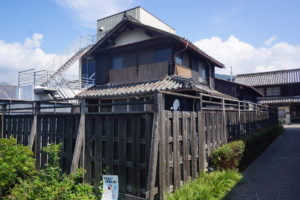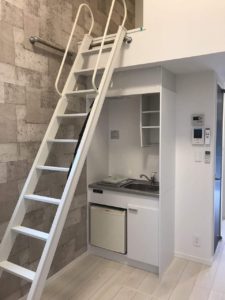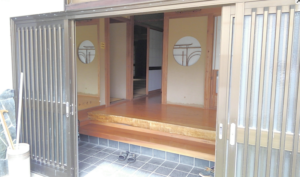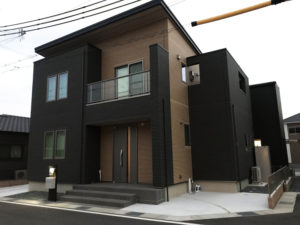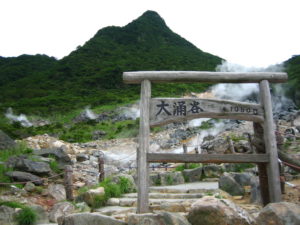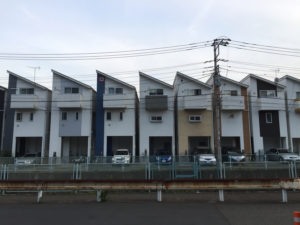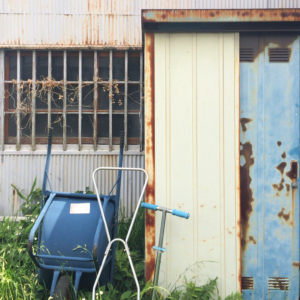
Part 1: Overview of Japanese Ski Resorts and Investment Value
Introduction
Japanese ski resorts are becoming increasingly popular among international investors due to their world-class snow, cultural appeal, and expanding infrastructure.
In this two-part series, we explore Japan’s ski resorts from an investment perspective.
This first article provides a comprehensive overview of the major ski resort areas and their investment appeal.
The second article will focus on specific recommendations for regions that offer the most promising opportunities for real estate investment based on accessibility,
rental demand, and future growth potential.

1. Strengths and Weaknesses of Japanese Ski Resorts
Strengths
1. Snow Quality
Japan’s ski resorts, particularly in Hokkaido and Nagano, are renowned for their powder snow, known as “Japow” (Japanese powder).
Niseko in Hokkaido has gained international fame for its world-class snow quality, while Hakuba in Nagano is also highly regarded among skiers.
Investment Insight:
The high-quality powder snow attracts a steady stream of international tourists,
ensuring consistent rental demand and profitability for real estate investors.


